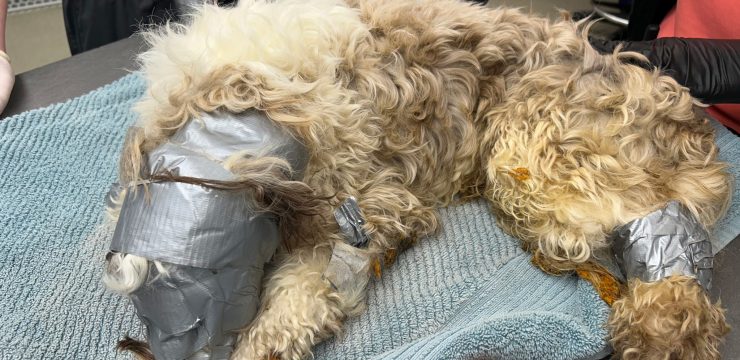A daring and thought-provoking photo series is turning heads and challenging deeply rooted beauty norms by encouraging women to embrace something often considered taboo—natural armpit hair. The powerful project, titled Natural Beauty, is the brainchild of London-based photographer Ben Hopper and aims to flip the narrative on traditional female grooming standards by presenting women exactly as they are, without filters or razors.

Hopper’s black-and-white portraits capture models proudly showcasing their body hair, a visual rebellion against an industry that has long equated femininity with flawlessness and hairlessness. The idea of removing body hair isn’t new—it dates all the way back to the Stone Age when both men and women used primitive tools like seashells and sharpened stones to scrape away hair. But what began as a rudimentary form of grooming evolved into something far more significant. In the 19th century, Charles Darwin’s theory of natural selection suggested that those with less body hair were more evolved, a flawed idea that tied hairlessness to attractiveness and progress. By the early 1900s, hair removal had shifted from personal choice to societal expectation, especially for women.
Body hair became stigmatized, viewed as unhygienic, unattractive, and even shameful. “It’s been deeply stigmatized—it still is—and cast with shame,” said Heather Widdows, author of Perfect Me: Beauty as an Ethical Ideal. “Most women feel like they have to shave. Like they have no other option.” That perception, though, is beginning to shift. Hopper’s work seeks to confront and question why natural armpit hair on women is still seen as shocking or repulsive. “It’s considered disgusting, non-hygienic, grotesque, very masculine,” he explained in an interview with Bored Panda.
He added that mainstream culture, particularly fashion and film, still push a narrow and highly curated image of feminine beauty, and he wanted to break through that mold by showcasing a more honest, raw version of it. Hopper started Natural Beauty in 2007 with the intention of exploring how people react to women with armpit hair. “The whole point is to contrast the idea of fashionable female beauty with the raw, unconventional look of body hair,” he told the Huffington Post. He acknowledged that the series would likely surprise—and possibly even shock—viewers, but that reaction is part of the conversation he hopes to start. The women featured in the series shared candid stories about their own journeys toward body acceptance.
One model, who goes by the name Kyotocat, said letting her armpit hair grow felt like liberation. “It felt like being able to breathe,” she said. “I felt confidence and boldness returning, like I was replenishing some kind of primal power.” Sophie Rose echoed that sentiment, saying it felt empowering to reject the pressure to conform. “You feel stronger for not giving in to the way you’ve been told to be,” she said, even admitting that she found humor in people’s discomfort. Another participant, Gabriela Eva, grew her armpit hair specifically for the shoot and reflected on the experience. “At first, I felt vulnerable, but eventually empowered. I’ve grown accustomed to it, and it makes me feel beautiful. If I removed it now, I’d feel a little bare.” For others, the decision wasn’t about empowerment but simply comfort. Sienna said she didn’t grow her armpit hair to make a statement—she just felt more at ease. “I don’t think women refusing to shave should necessarily be considered a radical act. I don’t want my body to consistently be read as a political space,” she explained. Swedish actor Emilie Bostdt also weighed in, pointing out that something as natural as body hair shouldn’t have to be controversial. “The fact that growing your armpit hair is considered a political act is weird—and that’s exactly why it’s important to do,” she said. Despite the project’s message of body acceptance, Hopper made it clear that he’s not trying to tell all women to stop shaving. Instead, his goal is to open minds and start a conversation. “I just think it’s a possibility and people shouldn’t dismiss it. I’d like people to question the whole beauty standard,” he said. As more people engage with the conversation and support projects like Natural Beauty, the definition of femininity is evolving. This growing movement shows that true beauty isn’t about meeting impossible standards—it’s about being confident in your natural self, razor or no razor.





